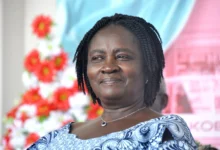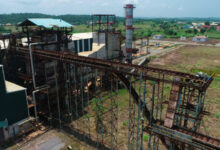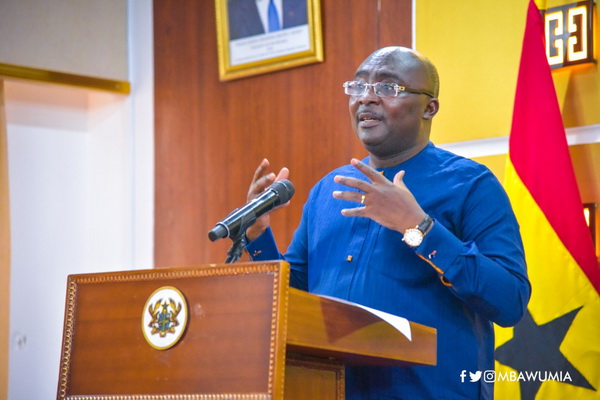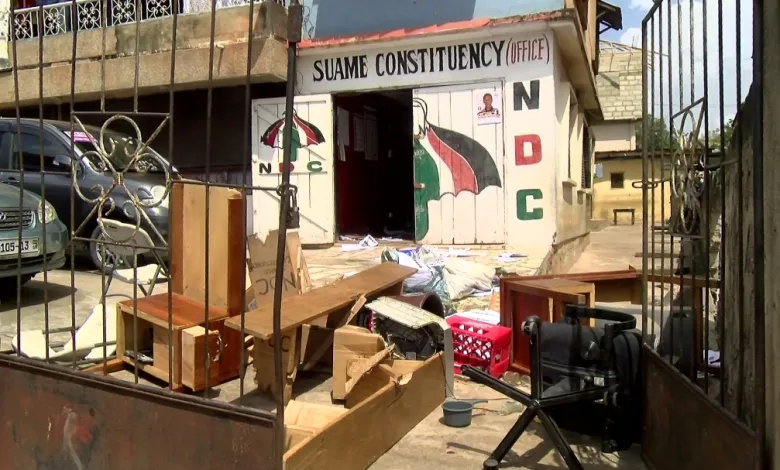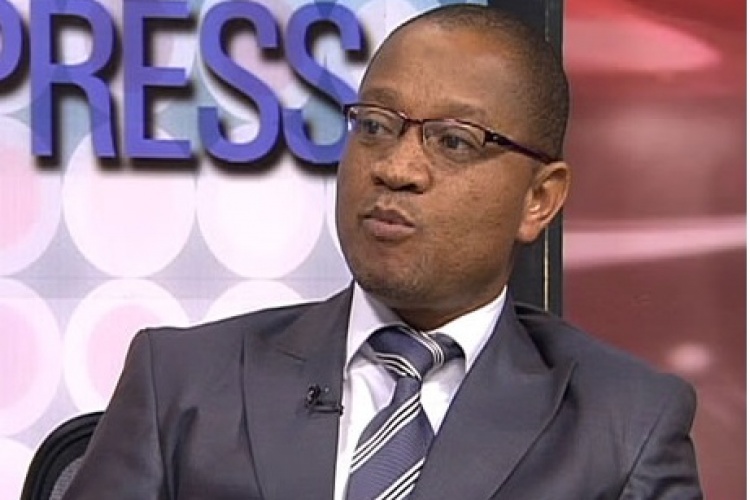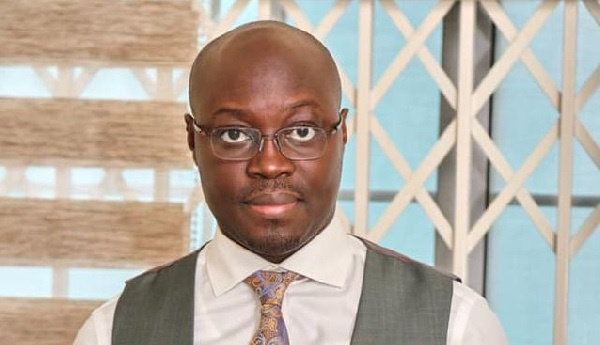Mahama: State Funding Of Political Campaigns Not Recommended At This Time

Former President John Dramani Mahama finds it inappropriate to introduce a state funding policy for political campaigns at this point in Ghana.
Although he sides with the recommendation, he says that could be implemented in the future not now as country is financially strained and seeking an International Monetary Fund (IMF) bailout for relief.
“Whereas some political actors have advocated state sponsorship for political parties, the truth is, Ghana is today, broke. Ghana is struggling to secure an IMF programme lest the economy collapses totally by end of March 2023, according to the Minister for Finance.
“This being the case, Ghana cannot, at the moment, absorb additional expenditure streams”, he said while giving a keynote address on the topic: “Transparent and Ethical Financing Of Political Campaigns In Ghana”.
But in the future when the country decides to adopt that measure, he recommended that an explicit Public Funding of Political Parties Bill must be put in place in a bipartisan and inclusive manner.
He added, “I further recommend that should public funding of political parties be scaled up in the foreseeable future, then, an independent and credible institution must be selected to administer the state resources advanced to political parties. In that regard, a sharing formula could be established to ensure fairness and specific disclosure requirements for beneficiary parties. This must be complemented by auditing and publication of party accounts”.
He also noted that the state somehow supports political parties.
One of the ways, he said, was through the refunding of filing fees to political parties who attained the minimum threshold of votes after elections.
This, according to Mr Mahama, is equivalent to state funding of filing fees.
Additionally, he said the government, in times past procured and distributed vehicles to political parties in proportion to the share of votes in the immediate past election.
The conversation about funding for political campaigns came after a report by the Westminster Foundation for Democracy on the Cost of Politics in Ghana showed that the cost of running for political office increased by 59% between 2012 and 2016.
It factored the cost of winning party primaries, winning parliamentary elections and term in office as an MP.
“During the party primaries candidates seek to respond to the demands of community interest groups whilst, during the parliamentary poll, these groups are ignored in favour of party officials, foot-soldiers and needy individuals. For those who successfully win a seat as an MP, those dynamics change again. What is consistent is the expectations of citizens that elected officials, or those seeking elected office, are the ones to provide for them. This can be through cash payments, lobbying for constituency projects in parliament and by “in-kind” rewards.”
According to the report, on average, candidates needed to raise GH₵389,803 to secure the party primary nomination and compete in the parliamentary election in their constituency in 2016.
It further found that the cost of doing politics was rising and feared that may breed corruption.
“If the cost of politics rises to unaffordable levels the danger is that politics becomes the domain of the elite and wealthy and that the motivation and incentives of MPs move from serving the public to recovering their own investment.”
Another Study by the Centre for Democratic Development (CDD) found that some financing of political campaigns comes from illegal activities such as illegal miners, oil bunkering businessmen, fraudulent businesses, and procurement dealings in the award of contracts, among others.
This has raised a lot of concerns for some Ghanaians, especially Civil Society Organisations (CSO), who have recommended state funding of political parties.
Source: opemsuo.com/Hajara Fuseini


